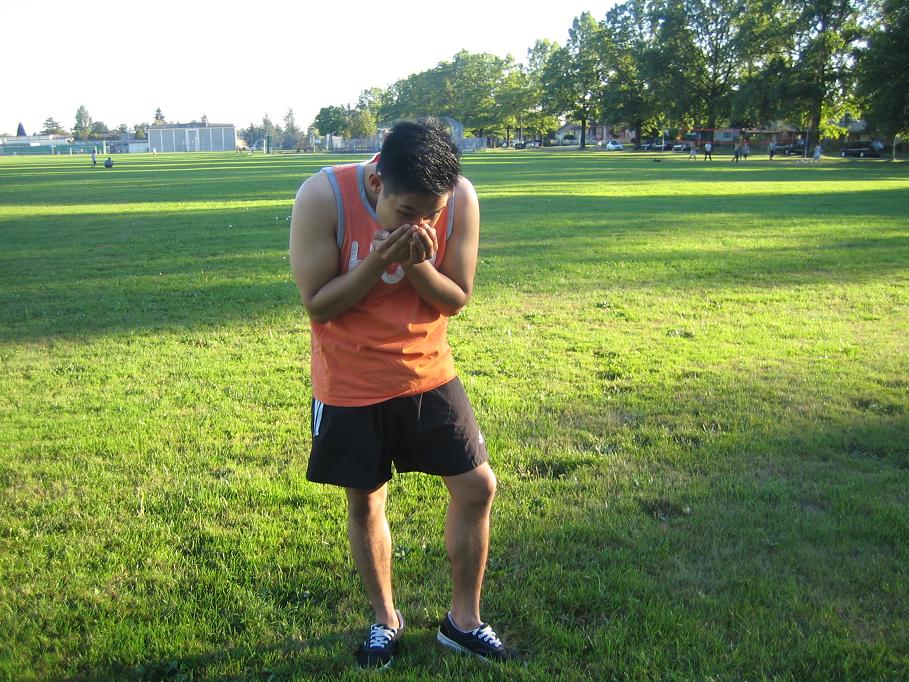Infants are highly susceptible to common cold. Always bear in mind that most infants develop about 8-10 episodes of common cold by the age of 2 years old. This condition typically affects the nose and throat which is due to a virus such as rhinovirus or coronavirus.
The usual symptoms of common cold include runny nose, sneezing episodes, nasal congestion and fever. Even though this is considered as a prevalent nuisance, most of the symptoms can be readily managed at home.
Measures to manage common cold in infants
- You can provide the infant with baby acetaminophen to help alleviate the fever linked with common cold. Make sure that you will follow the directions on the packaging for the right dosage. You can also utilize ibuprofen as an alternative for babies 6 months old and up.
The usual symptoms of common cold include runny nose, sneezing episodes, nasal congestion and fever. - With an over-the-counter saline solution, squeeze a few drops into the nose of the infant. The solution works by loosening up the mucus as well as minimizing the stuffiness. You can also use a rubbed bulb syringe to slowly suction out the mucus.
- If a humidifier is available, it should be placed in the room of the infant. Humidifiers work by relieving the congestion and runny nose. The mist should be aimed away from the crib so that the bedding will not become moist or damp. Make sure that you will change the water on a daily basis and clean the unit regularly to prevent the buildup of mold.
- Dab on a small amount of petroleum jelly in the nostrils of the child if the skin is irritated from excessive wiping of the nose.
- Prop the top part of the bed using a few towels that are tucked below the mattress. Take note that sleeping with a minimal incline can ease postnasal drip but make sure that the incline is only slight. As for restless infants, they have the tendency to flip in bed and end up on the wrong side of the crib which defeats the purpose of elevation.
Considerations to bear in mind
It is vital to seek medical care if the symptoms of common cold become severe. If the infant is 3 months old or younger, set an appointment with a doctor right away if fever is higher than 100.4 degrees.
Regardless of the age, a doctor should be consulted if the symptoms last more than 2 weeks or include wheezing or gasping. These might indicate a serious health condition such as pneumonia or respiratory syncytial virus (RSV).
The ideal way to manage common cold among infants is to prevent it in the first place. Make it a habit to wash hands before feeding or caring for the child. In case soap is not available, you can use a hand sanitizer. If possible, keep the child away from sick individuals especially during the start of the illness where it is highly contagious.


